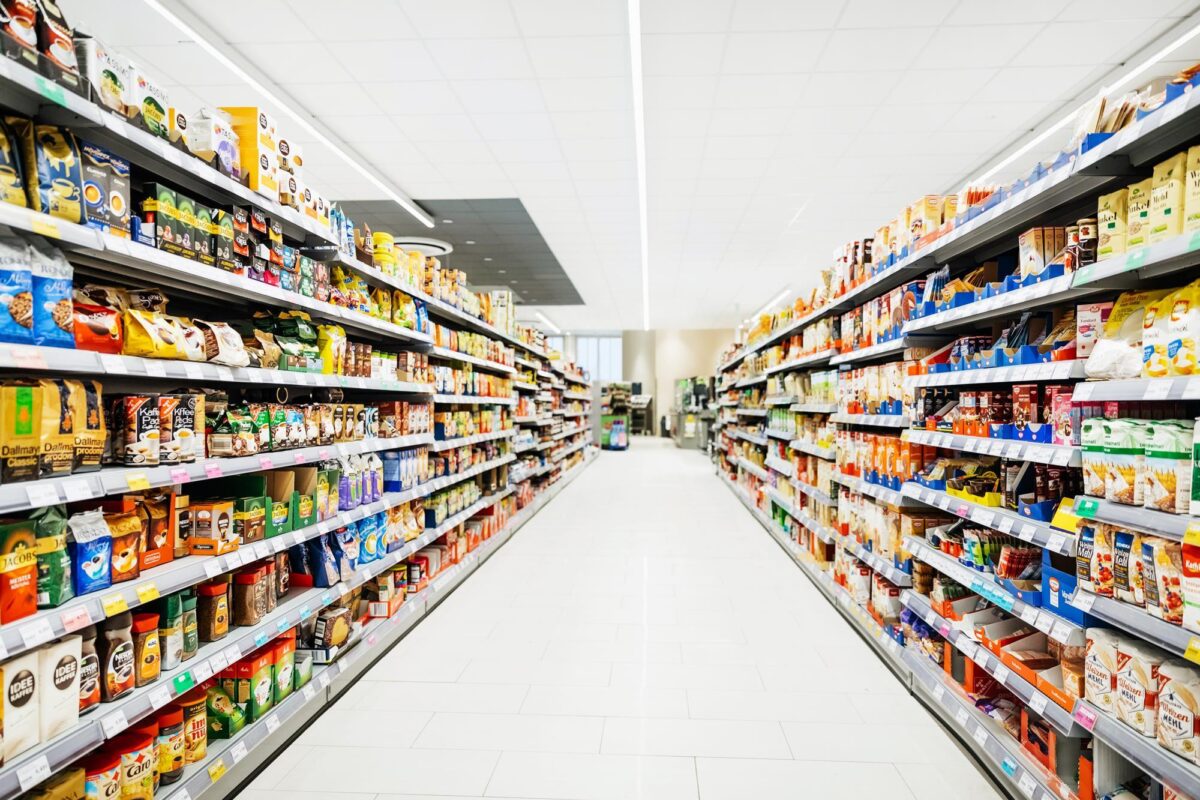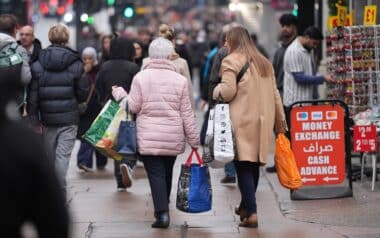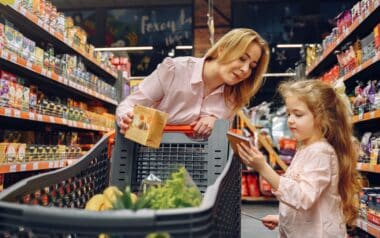Grocery price inflation in the UK slowed in January, providing some relief for consumers as supermarkets increased promotional activity. Prices were 3.3% higher than a year ago, down from December’s 3.7%, according to Kantar.
Supermarkets responded to consumer demand for affordability by expanding discounting strategies, driving up spending on promotions. Own-label products also gained traction, reaching a record 52.3% share of total sales, reflecting shoppers’ efforts to manage rising costs.
Supermarket Discounts and Own-Label Growth Ease Inflationary Pressure
One of the main causes of January’s slowing in the increase in grocery prices was a surge in store discounts. Sales discounts now account for 27.2% of total sales, the highest amount since 2021, with an annual rise of £274 million. Supermarkets used promotions to attract customers, which moderated the rate of price rises in key categories.
Additionally, consumers resorted to purchasing own-brand goods, which witnessed a 5.4% rise in sales over the prior year. This change helped offset growing expenses in some product categories, especially when the cost of chilled juices, butter and spreads, and chocolate confections kept going up. Pet food, domestic paper goods, and culinary sauces, on the other hand, saw price reductions.
Health-conscious purchasing also shaped spending patterns. Shoppers allocated more than 10% of their grocery bill to fresh fruit, vegetables, and salads, with total spending reaching £1.2 billion, an increase of £193 million from December. Additionally, demand for sports nutrition products surged, with sales up 47% year-on-year, as more than two million households purchased protein bars, drinks, and supplements.
Supermarket Performance: Tesco Strengthens Lead, ASDA Continues to Decline
The competitive landscape among UK supermarkets saw Tesco further consolidate its position as the country’s largest grocer. Its 5.6% sales growth increased its market share from 27.8% to 28.5%, reflecting strong consumer engagement with its pricing strategies.
Discount stores Lidl and Aldi both kept growing; Lidl’s sales increased 7.4% to £2.6 billion, while Aldi’s increased 4.2% to take a 10.2% market share. With an 11.3% growth rate and a 1.9% market share, Ocado continued to be the supermarket with the quickest rate of growth for the ninth consecutive month.
Asda, on the other hand, saw more setbacks; their sales decreased 5.2% year over year, lowering its market share from 13.6% to 12.6%. After being acquired by the Issa brothers and TDR Capital in 2021, Asda—once the second-largest supermarket in Britain—has had difficulties.
January also saw shifting trends in alcohol consumption. Sales of low and no-alcohol drinks increased 7% year-on-year, with 6.7% of households purchasing at least one product from the category. However, 49% of shoppers still bought alcoholic beverages, marking a decline from December’s 76%.









